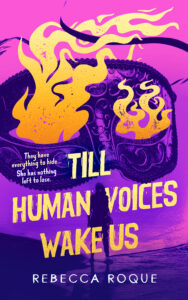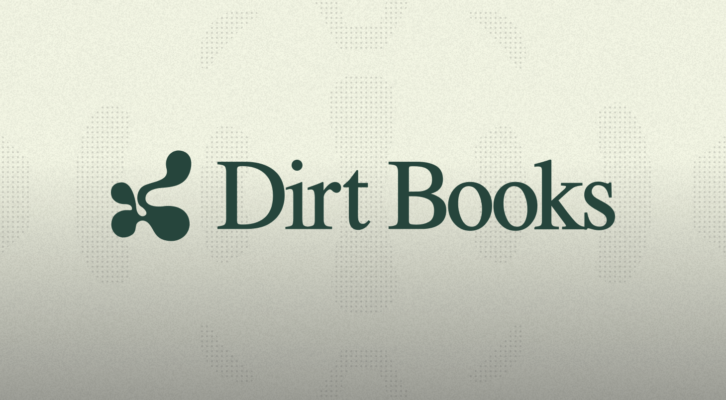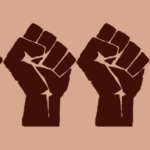Pharaoh Ramesses II was an unrepentant warmonger and slaver, but he is also credited with building the earliest known library in the 1200s BCE. To paraphrase the equally problematic Walt Whitman, he contained multitudes. Inscribed in stone over the sacred library doors was a Greek phrase meaning “healing place of the soul.” Rather elegant for a man who almost certainly married at least four of his daughters, but I can’t argue the point. Stories heal. Books save lives. I’m proof, and odds are, some of you are too.
The first book I remember finding myself in was Lois Lowry’s The Giver. Like Jonas, I had seen things I could never unsee, things I could not explain to other kids. Partly because I didn’t have the language, and partly because we never stayed in one place long enough. My protector was sometimes my predator, sometimes my best friend, sometimes in need of protection herself. I saw the system fail long before most kids my age knew that it could, and that knowing marks you. In Jonas I found a mirror. In his choice to use the very things that made him different to help others, I found hope. I found a paradigm where hurt kids could lead, inspire, and find their own way.
Later, I would meet myself in the lunar-eyed girls of Francesca Lia Block’s achingly beautiful novels. I met girls who saw rainbows in oil-slicked puddles and cried at the beauty of music, and also sometimes cried for no reason at all. I met girls who sometimes stopped eating because it made them feel light and clean when nothing else could, and who sometimes loved people who didn’t come back and instead of growing numb, chose to love all the fiercer for it. In her books and others I found stories of kids who sometimes hurt themselves because watching the scabs form was the only thing that made them believe that someday they could heal from everything else. I found friendships that existed only in my heart, friendships that planted seeds where someday flowers would bloom into a path to the flesh-and-blood people who would become my chosen family.
Writing is about telling a great story, sure. But for me, part of what gives those stories their glitter is the fairy dust of the writer’s own loves and hurts, their fears and furies woven into unforgettable characters. I owe everything to those who came before and put so much of their hearts into those stories.
When I began writing Till Human Voices Wake Us, I knew who Cia was: a bold, clever girl who had survived this incredible tragedy determined that it wasn’t going to define her. But some ghosts refuse to stay buried, and trauma ignored always claims its due. I knew that Cia’s journey would be as much about having the courage to go back as it would be about the choices she would make moving forward.
At the time I began writing this book, the world as I knew it was shifting. Maybe avalanching is a better word. Politicians began burning books on TikTok and xenophobia became resoundingly-endorsed policy. Hate speech was endorsed by global leaders as the hallmark of freedom, and the fragility of civil liberties already paid for in blood became heartbreakingly evident to those privileged enough to have taken them for granted. This book was born out of the question of who we will allow to chart our course from here: the dreamers or the fear-mongers? The builders of bridges or the builders of walls? And can anything correct our course if we choose wrong?
Cia’s story is about finding your footing when the world drops its mask and stops pretending to be anything but a battlefield. It’s about the wounds we carry and what we choose to do with them. Do we love bigger and harder for the hurt that we’ve endured, or do we weaponize it to protect ourselves and those we care about?
*


















